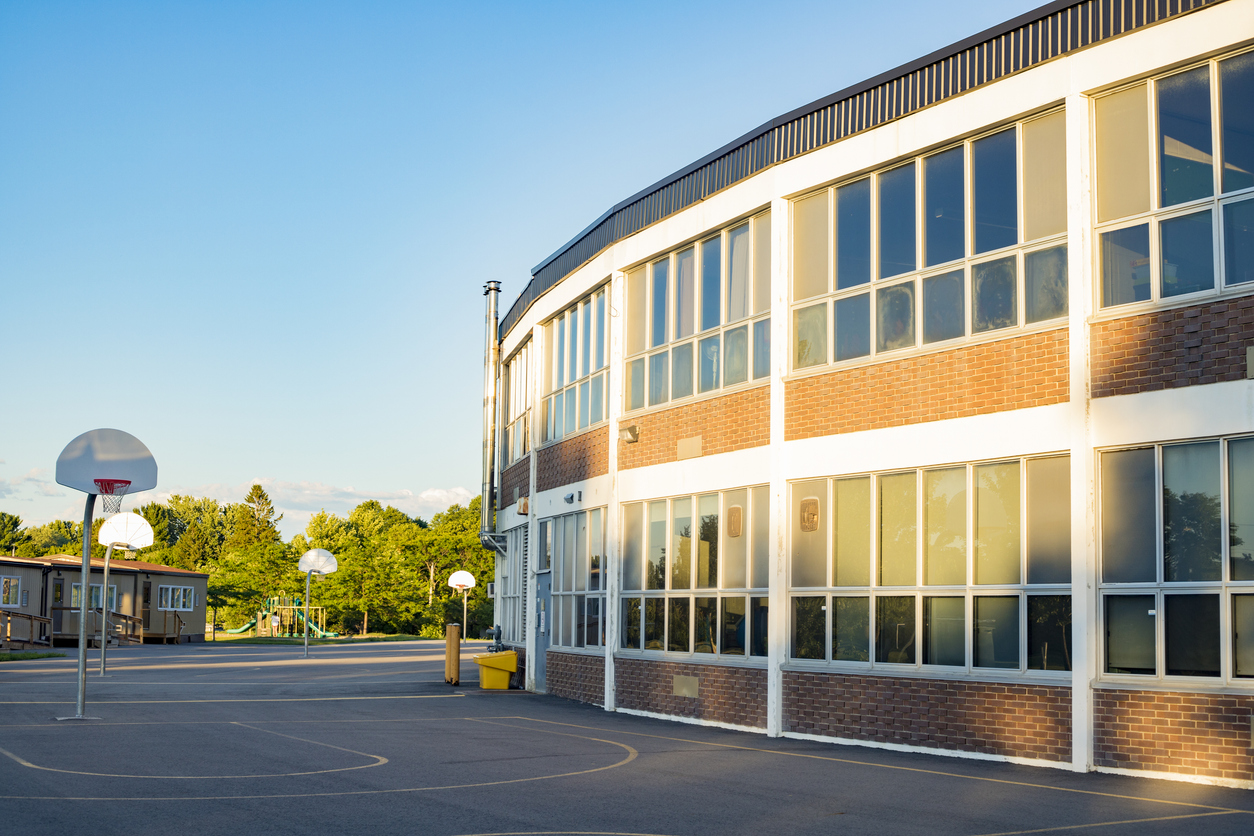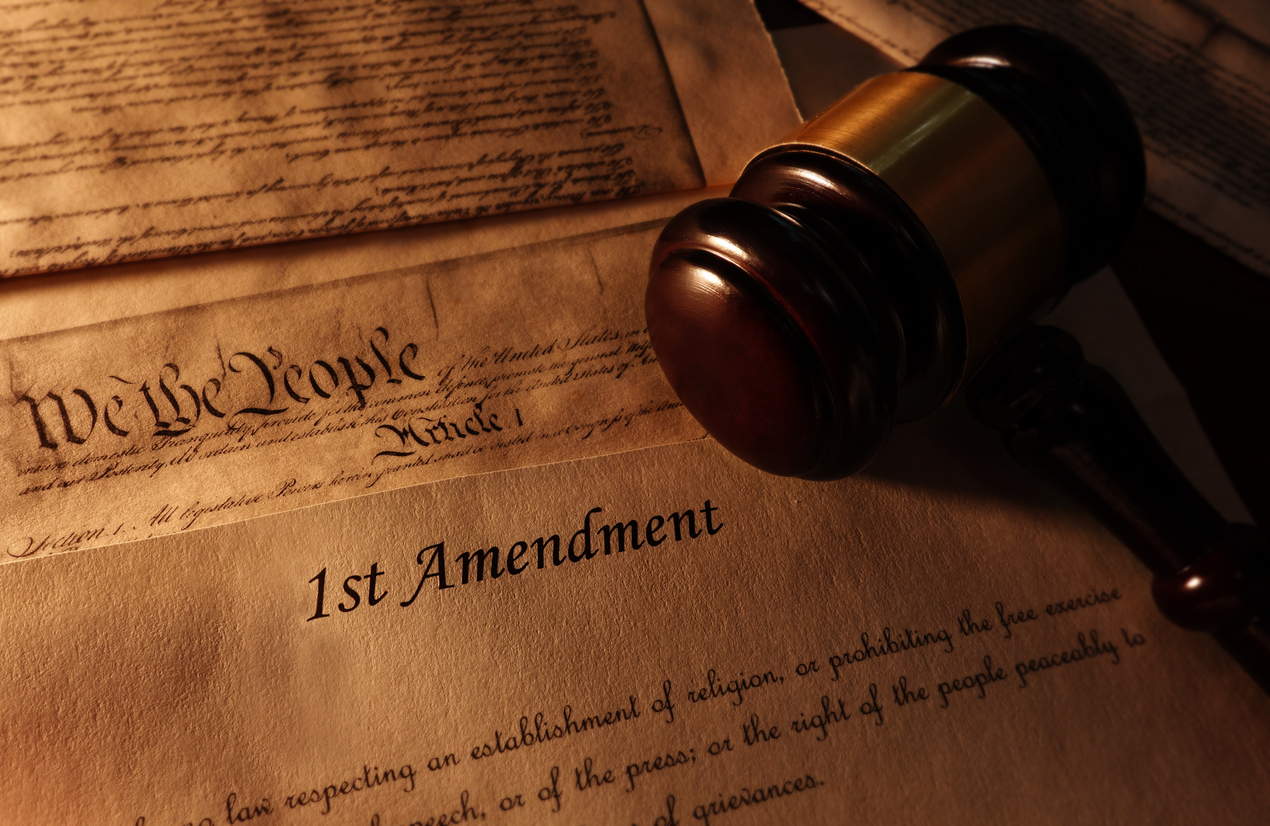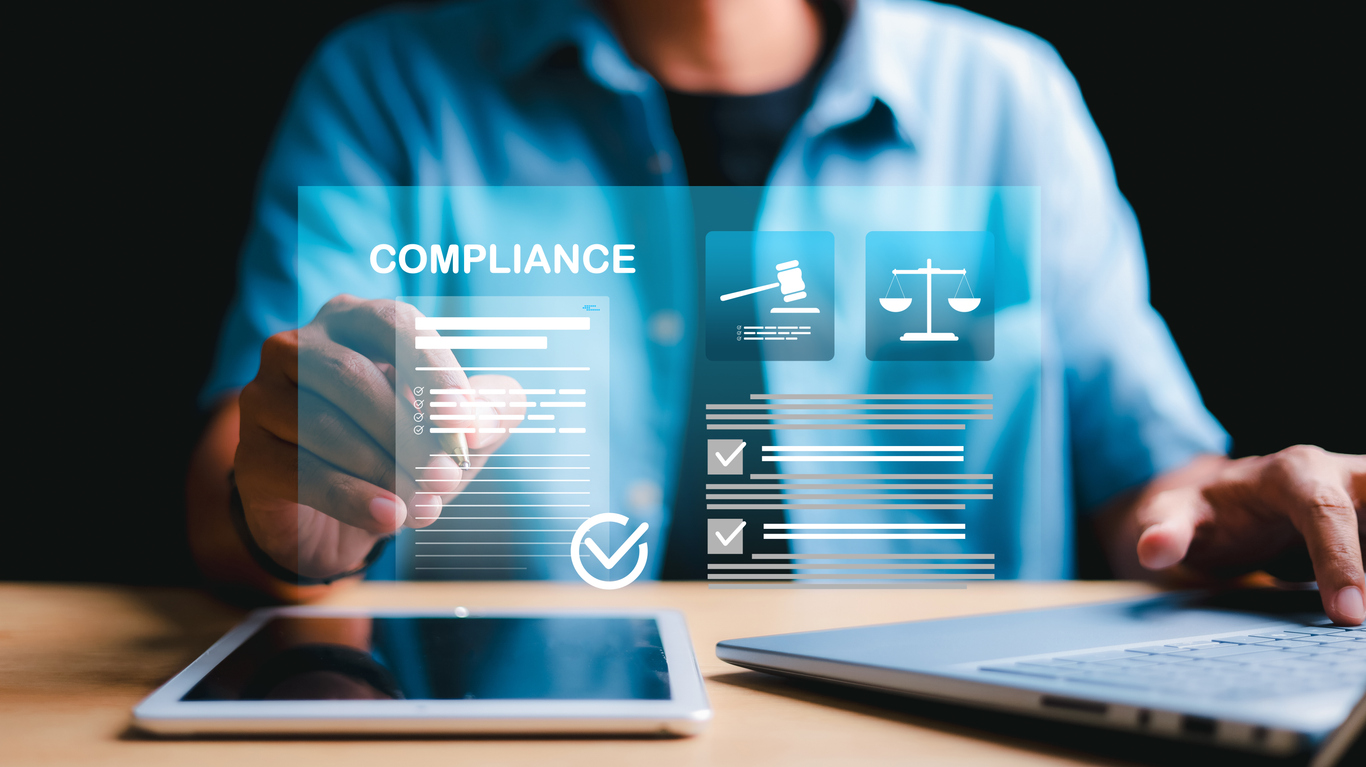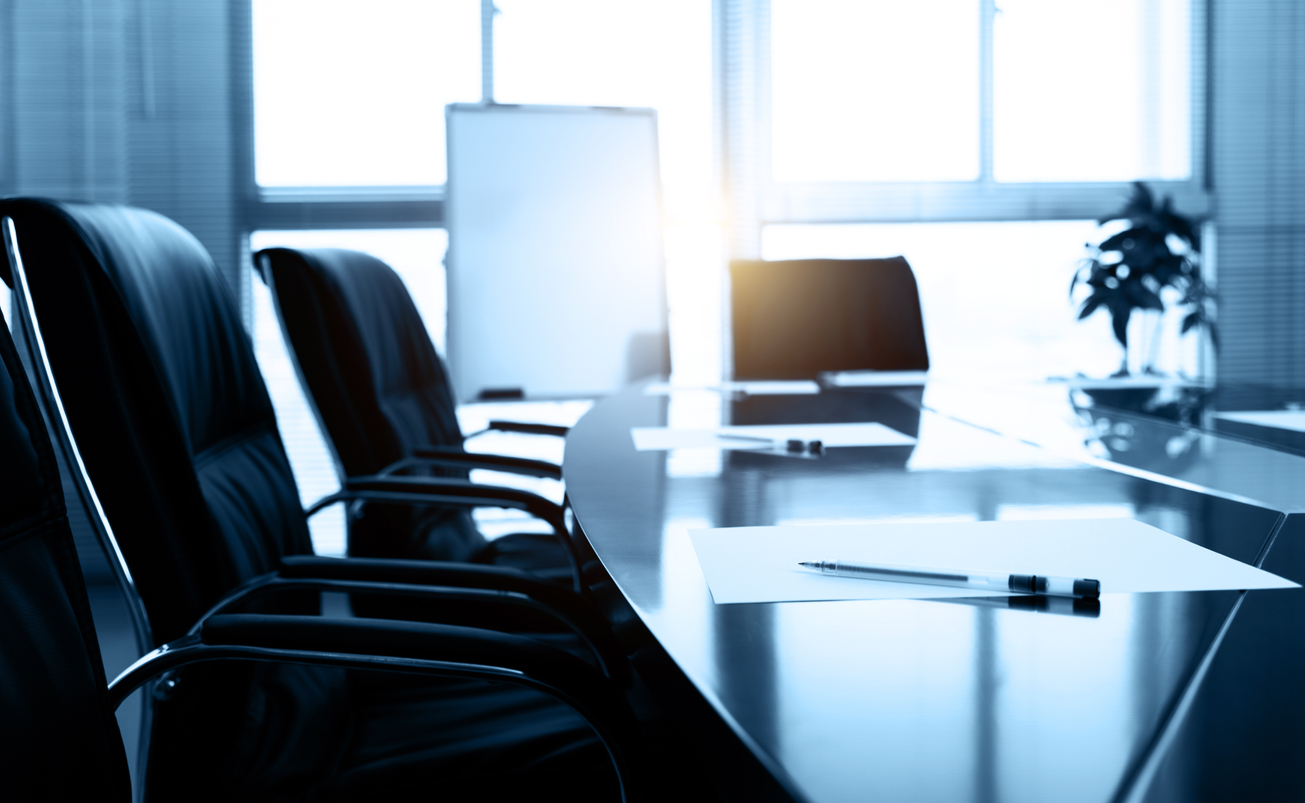Reflection on the 9/8 Religious Liberty Commission Hearing
By Nico Tiezzi
“You in the United States serve as a beacon for the rest of us.” Cardinal Timothy Dolan, Archbishop of the Roman Catholic Archdiocese of New York, shared this sentiment, expressed by his ‘Brother Cardinals,’ as they prepared to enter the recent conclave. Cardinal Dolan reflected on the “added sense of responsibility” this gives us here in the United States: our nation’s protection of religious liberty is an example to the entire world.
The historic White House Religious Liberty Commission convened in Washington, D.C. on September 8, 2025, for its second hearing. This hearing addressed one of the most contested arenas for religious expression today: the public school system. President Donald Trump, who established the commission by executive order on May 1, 2025, attended the meeting personally. In his remarks, he reiterated that his administration would continue to defend the rights of students to pray, speak, and live out their faith without fear of censorship. Attorney General Pamela Bondi echoed this theme, emphasizing that restoring constitutional protections for religious exercise is essential for the nation’s future.
Chairman Dan Patrick opened the session by framing the hearing around education, setting the stage for a series of testimonies from students and families who had faced restrictions on their religious expression in school settings. Cardinal Dolan made his first appearance as a member of the commission, underscoring the global significance of America’s defense of religious liberty.
The heart of the hearing came through the stories of young people who had been silenced for expressing their faith, including
- Justin Aguilar, whose valedictorian address was censored when he sought to mention Jesus Christ;
- Lydia Booth, a middle–school student who was told to remove a “Jesus Loves Me” mask, whose case later led to a settlement affirming her right to express her faith;
- Shea Encinas, a fifth grader compelled by his school to present material promoting gender ideology (against his family’s beliefs) to his kindergarten buddy;
- Valerie Cleveringa, who—along with her little brother—was initially barred from singing a Christian song in a school talent show; and
- Hannah Allen, who, after praying for an injured classmate, was told by her principal to hide behind a curtain or leave the building.
Each testimony illustrated the growing tension between parental rights, student expression, and public school policies. As one parent put it, “[o]ur children should not have to check their faith at the schoolhouse door.”
In response to these accounts, President Trump announced that the Department of Education will soon issue new guidance clarifying and protecting the right to prayer in public schools. The administration also unveiled the America Prays initiative, a call for citizens to join together in prayer as the nation prepares to mark its 250th anniversary next July.
The session reinforced the commission’s broader mission: not merely to preserve religious freedom as a private matter of worship, but to ensure that it remains a vibrant and protected part of public life. By spotlighting the experiences of students, the hearing placed the stakes in sharp relief—showing how the erosion of religious liberty affects families at the most local level. The pain seen on Shea Encina’s face as he reacted to the experiences of his fellow panelists reflects the hearts of millions of Americans whose faith is an integral part of their everyday lives.
As Cardinal Dolan reminded those in attendance, the world is looking to America to lead in the defense of religious freedom. The commission’s ongoing work will continue to shape the recommendations delivered to the President and will play a vital role in ensuring that the next generation can live out their faith freely and openly.
.png)




